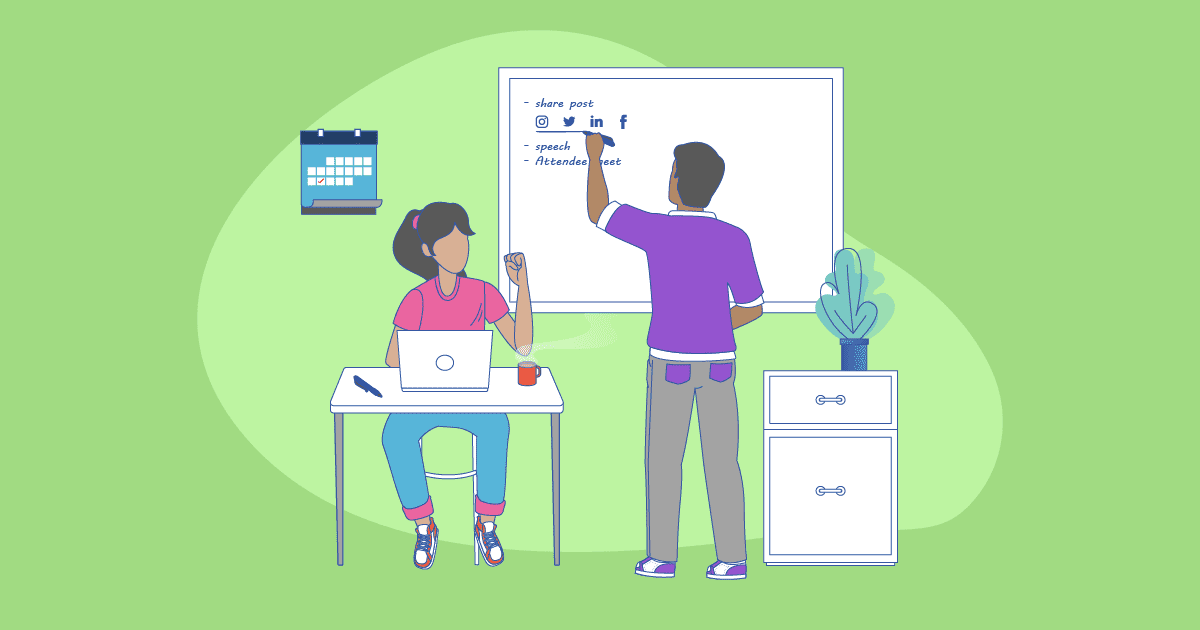Even as our new normal seems to change almost daily, big events like CES and Sundance are ready to go no matter what these days.
So how are organizers future proofing events? And what can we all do to stay ahead of event trends? We’ll give you a hint. It all goes back to basics – good content, attendee communication, and good times. For the full breakdown, this is how to be ready for anything when planning your event.
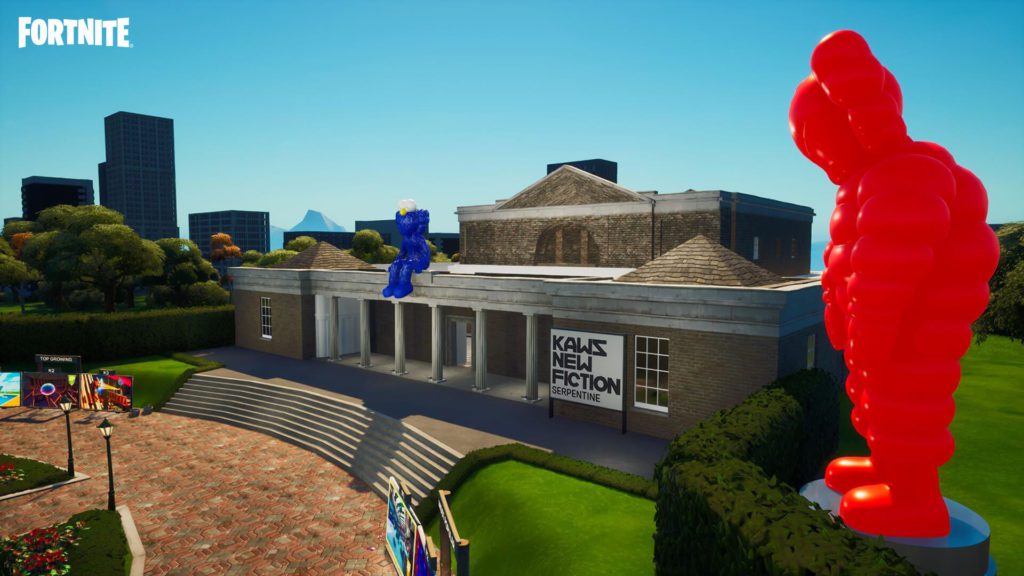
Keep it simple.
Fortnite recently held a virtual gallery opening for mega-artist Kaws. The gallery was located at the front of the game, so that anyone who came to play would walk through the gallery, just like if they were visiting in real life.
The result was an event that was flexible, repeatable, and had a guaranteed impact. Also, compared to Fortnite’s Travis Scott and Ariana Grande performances (which were amazing, but involved complex world-building) the Kaws event was much more simple.
Now you might be thinking there’s nothing really that simple about a virtual art gallery in Fortnite, but it’s the formula that matters. One big artist (or presenter), plus one easy-to-reach space, equals guaranteed impact.
This can be applied to any in-person, hybrid, or virtual event. Start with creating excellent content. Then make it easy to find. If you do that, the attendees will be there. We promise.
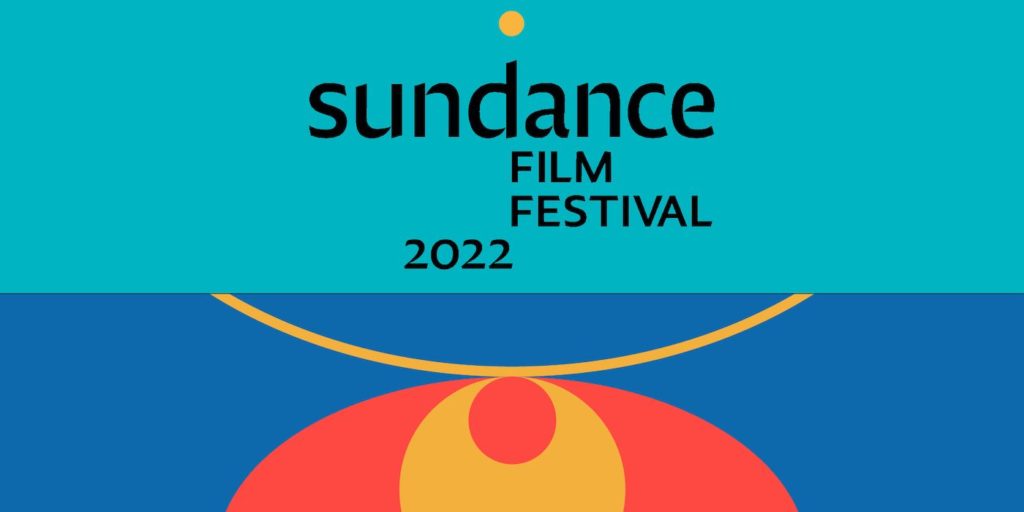
Have a hybrid or virtual event back-up plan.
Sundance needed to return to a virtual format in 2022 (which made sense since most of their attendees were traveling from all over to sit in movie theaters for hours at a time). But unlike the year before, Sundance was totally prepared to go hybrid at the drop of a hat.
The festival’s office hub instantly became the virtual screening platform that they test drove in 2021. Also, all virtual attendees got access to the New Frontier area, which was usually reserved for VR movies but was transformed into a place for anyone to meet and network in VR.
Satellite Art-house hubs in Seattle, Baltimore, San Diego, and other locations were set up before the festival went virtual, and those continued to show in-person films as scheduled.
This is a great example of virtual and hybrid components that expand to your needs as things change. Maybe this means a platform that can also become your networking hub. Or a satellite venue that can be a home base for hybrid attendees.
Basically, the more options you have to go hybrid, or virtual, the easier it will be.
For more, check out Need a virtual backup plan? We got you covered.

Talk to attendees about what they want.
Constantly communicating with attendees is a huge part of staying ready. We recently wrote about how important this is for event health and safety, but really, communication should flow to all aspects of the event.
Keep a dialogue open about the kind of speakers they would like to hear from, as well the topics they are thinking about most. Some attendees may be interested in more eclectic and inspirational keynotes, others may want to stick to the core topic of the event.
Make sure to reach out across all platforms when communicating with future attendees. Create Instagram posts, stories, and polls. Keep people engaged on Twitter and Facebook as well. Maybe even TikTok!
This will make sure you are reaching a wide range of people, as well as letting you know the best places and ways to market your event as it gets closer.
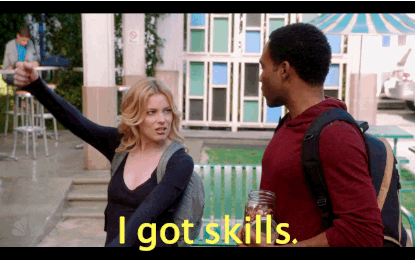
Work with presenters that can fill multiple roles.
A great way to stay ahead of things is to build a team that can take on different roles if you have to switch up the game plan.
Look for presenters that can also be moderators (and vice versa). Or keynote speakers that can make exceptional marketing content, and also enjoy interacting with a virtual audience. It’s all about finding people that can jump on stage, or online, or anywhere they need to keep the conversation going.
Virtual and hybrid events have made everyone branch out into different creative and production roles, so now is the time to put those skills to good use.
Multiple people creating and moderating content will also help you create a diverse and constant stream of content. Which is always a good way to keep attendees engaged.
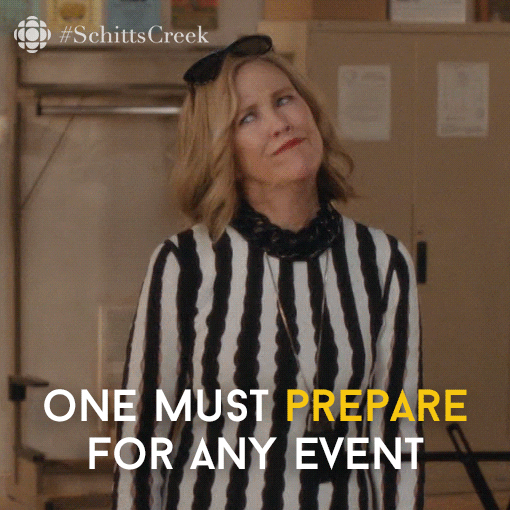
Start planning for health and safety today.
There’s not much about Covid that surprises us anymore, but health and safety is still something we want to be thinking about from the moment we start planning an event.
A big part of a successful health and safety strategy is setting clear testing and vaccine guidelines from the outset. This allows attendees to get prepared and lets everyone know that you are putting safety first for the event.
Rapid tests are also a great way to stay ahead of things. Attendees can order their own for free, or you can try to reach out to a test maker for sponsorship. Chances are they would be happy to get involved.
We also recommend working with a venue that has its own comprehensive safety plan. Pro Tip: Look for spaces that include improved ventilation, decreased traffic flows, open floor plans, cleaning protocols, and a commitment to keeping guests safe.
Convention halls, hotels, and venues are also a great resource for health and safety questions. Many of these spaces are creating events daily and can help resolve any questions you might have.
Bottom line, get the ball rolling early on health and safety, and you’ll be prepared for pretty much anything.
Being ready is all about prioritizing.
Organizers can stay ahead of the event world by prioritizing the things that matter most to attendees.
Keep it simple and focus on creating excellent content that’s easy for people to get to virtually, in-person, or wherever the event is. Work with presenters that can fill multiple roles on stage and create excellent marketing. And start planning for health and safety as early as possible. Basically, focus on the things that make attendees want to be there, and you’ll be ready.
